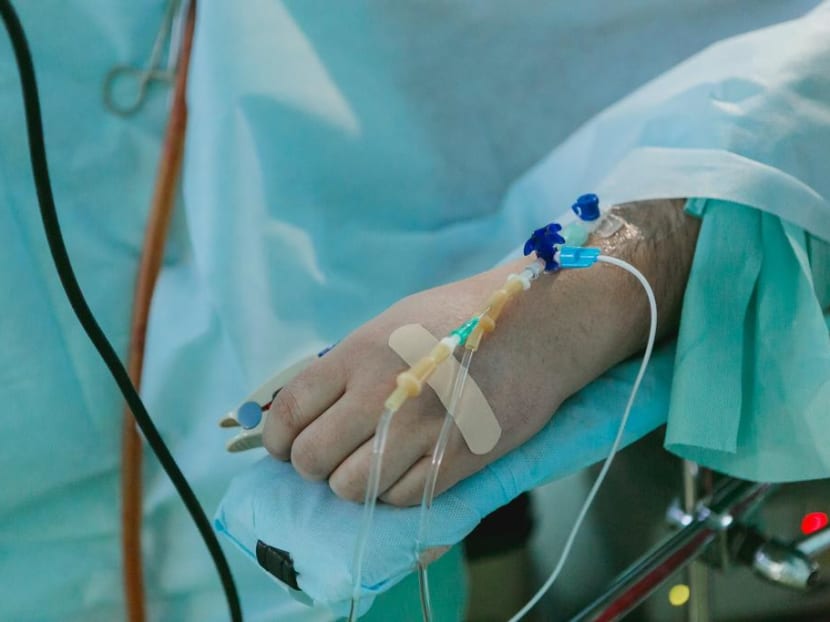How to talk to children about cancer
NEW YORK — When Catherine, Princess of Wales, announced her cancer diagnosis last week, she added that it has taken time to explain the situation to her three children “in a way that is appropriate for them.”

Parents may worry about a child seeing them cry when having conversations about cancer, but it’s not bad to show vulnerability, said experts.
NEW YORK — When Catherine, Princess of Wales, announced her cancer diagnosis last week, she added that it has taken time to explain the situation to her three children “in a way that is appropriate for them.”
Conversations with kids about cancer are among the more important and delicate discussions that parents can have.
Here are tips from experts for having the talk.
MEET ANXIETY WITH HONESTY. Children consider their parents a steady rock, said Dr Kathy Hirsh-Pasek, a professor of psychology at Temple University. If something disrupts that stability, “even if it’s a manageable cancer — to a child’s ears, wow, that is scary,” she said.
Dr Hirsh-Pasek recommended explaining that “there are going to be times when Mom doesn’t feel as good as other times, but she is going to be there for you.” But she warned against lying: “If you hide something, kids know you are hiding something.”
Ms Hadley Maya, a clinical social worker at the Center for Young Onset Colorectal and Gastrointestinal Cancer at Memorial Sloan Kettering Cancer Center, suggested giving your child the opportunity to ask questions.
Acknowledge “that while you may not have all the answers, you will try and figure it out and come back to them,” she said.
DON’T BE AFRAID TO LOWER YOUR GUARD. Parents may worry about a child seeing them cry. But it’s not bad to show vulnerability, both experts said. It’s an opportunity for parents to show that it’s OK to not feel well, to express emotions and to ask for help.
ADDRESS THE ‘THREE C’S’. Children who remember the Covid-19 pandemic may be more aware of what it means to be very sick. So explaining cancer is very important. Ms Maya recommended focusing on three C’s: Catch, cause and cancer.
Explain that cancer is not contagious and they can still hug a parent and share food. Tell children that they did not cause the cancer. And be clear that the illness is called cancer — not a “boo-boo” or a sickness.
OFFER REASSURANCES. In her statement, Catherine shared some of what she has told her children: “As I have said to them, I am well and getting stronger every day by focusing on the things that will help me heal; in my mind, body and spirits.”
That kind of language reassures children, Dr Hirsh-Pasek said, and it shows them how we are able to move beyond things that are difficult. “I wouldn’t use these kinds of opportunities to discuss death and dying,” she said.
“I would use these opportunities to discuss life and living.”
This article originally appeared in The New York Times.









